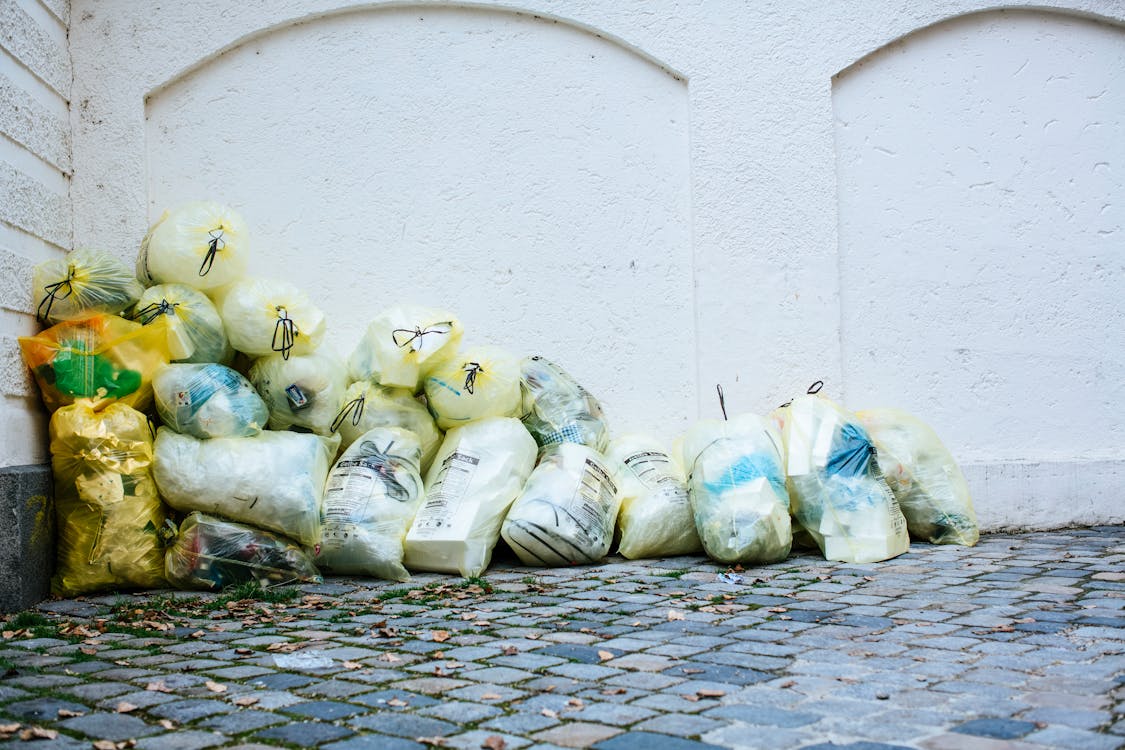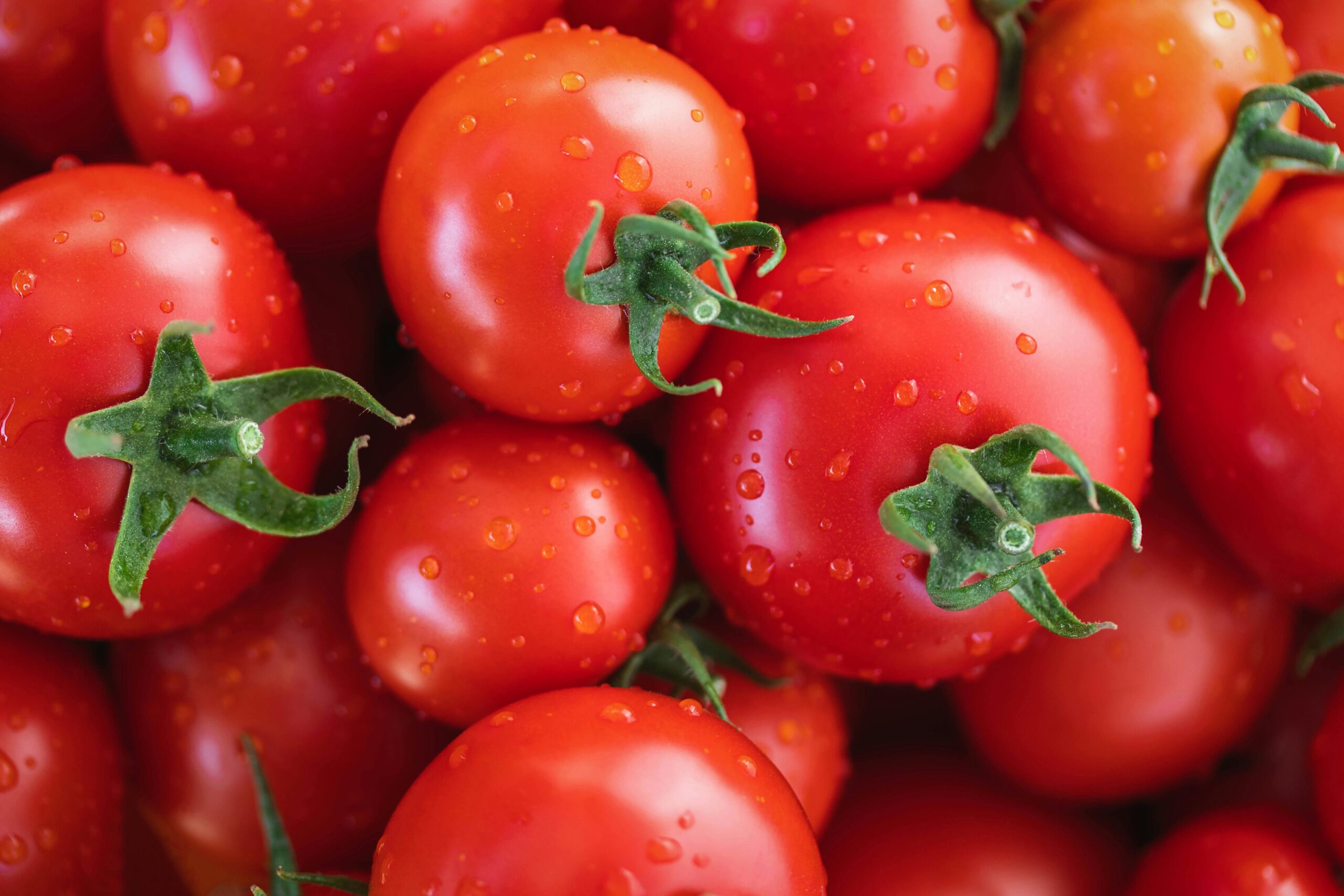In a world where hunger persists alongside abundance, Sustainable Development Goal 2: Zero Hunger aims to “end hunger, achieve food security and improved nutrition and promote sustainable agriculture.” Despite its critical importance, this goal is often overlooked. Today, we’re focusing on a simple yet impactful action you can take to support this crucial objective.
The Hunger Challenge
The numbers highlight the urgency of our global food situation:
- 821 million people are estimated to be chronically undernourished.
- Over 90 million children under five are dangerously underweight.
- One-third of all food produced – equivalent to 1.3 billion tonnes – ends up rotting in bins or spoiling.
Your Simple Action: Reduce Food Waste
Here’s how you can make a difference:
- Plan: Create weekly meal plans to avoid overbuying.
- Store: Learn proper food storage techniques to extend shelf life.
- Use: Get creative with leftovers and imperfect produce.
- Compost: Turn unavoidable food waste into nutrient-rich soil.
The Ripple Effect
Your commitment to reducing food waste extends beyond personal impact:
- Inspiring Others: Your actions can influence friends and family to be more mindful of their food consumption.
- Community Impact: Less food waste means more resources available for those in need.
- Global Progress: As individuals reduce waste, we collectively contribute to food security and sustainable agriculture.
The Food Waste Challenge
To kickstart your journey:
- Reduce your household food waste by 25% over the next month.
- Share your experience and tips on social media.
- Encourage others to join you in this effort.
Remember, every meal saved from waste is a step towards achieving SDG 2. By taking this small step, you’re contributing to a global movement for food security and sustainable agriculture. Whether you’re composting in your backyard or finding creative ways to use leftovers, you’re making a difference. Are you ready to embark on this Food Waste Challenge and be part of the solution for a hunger-free world?



